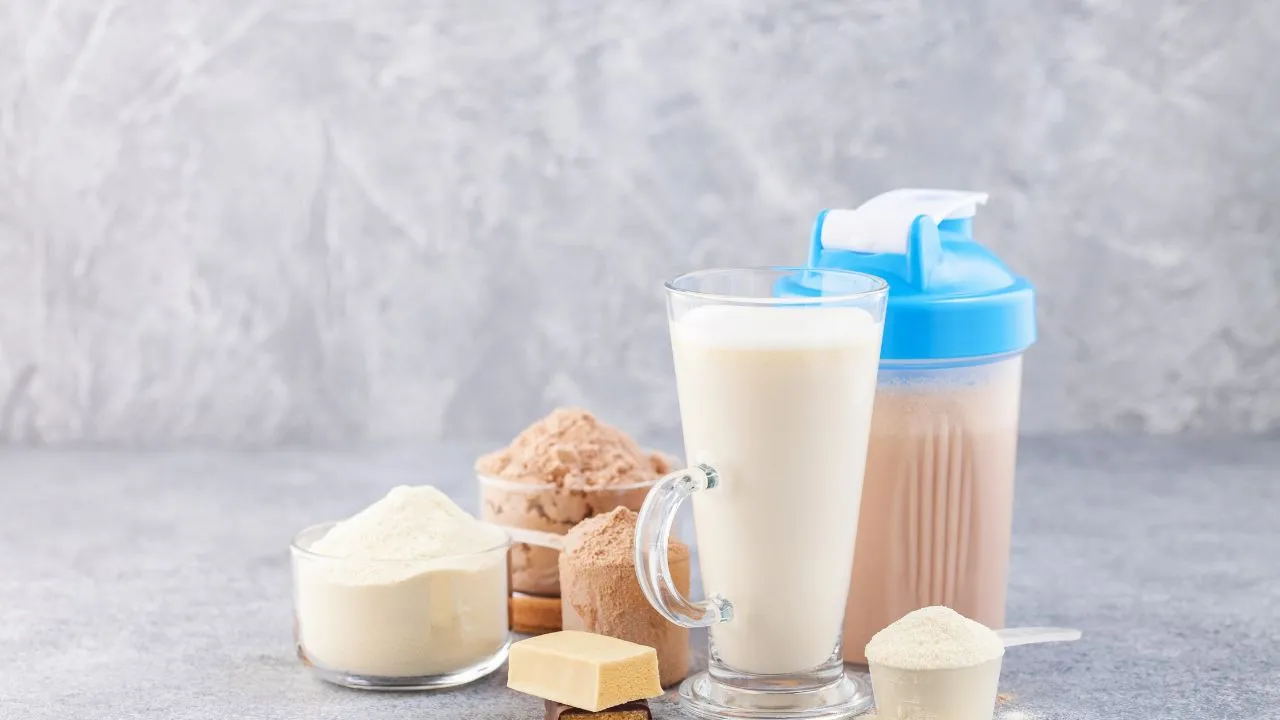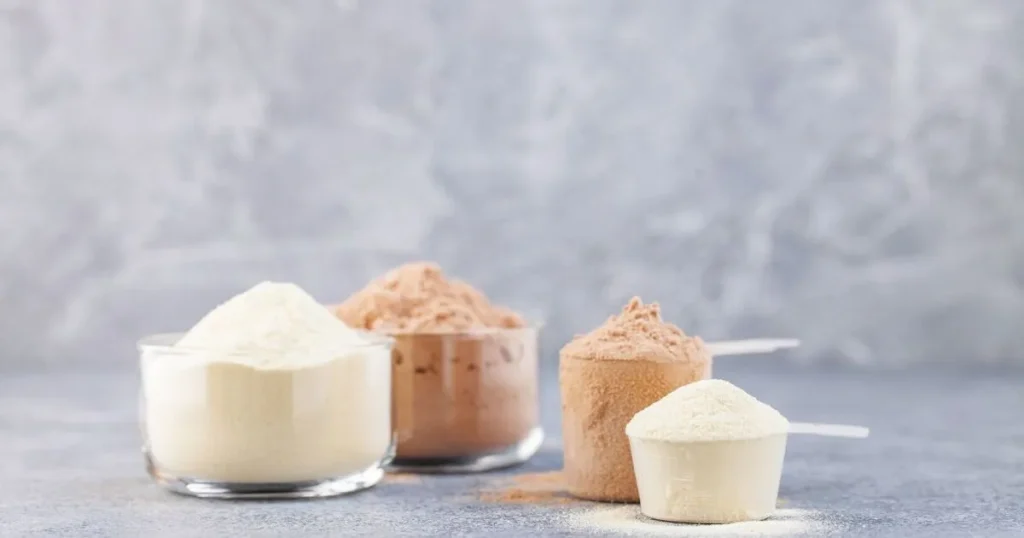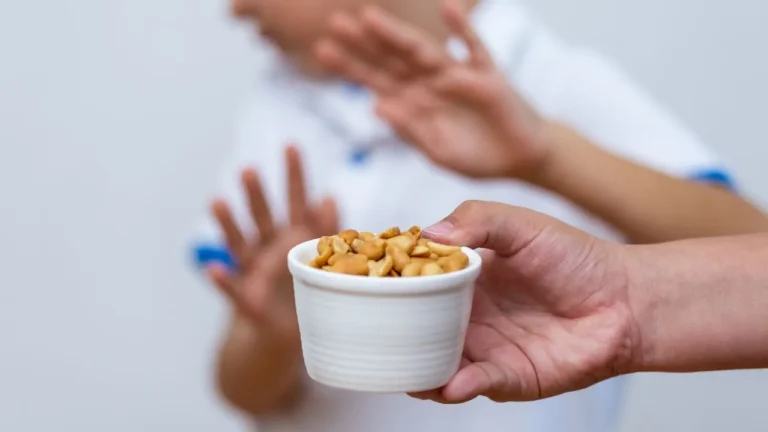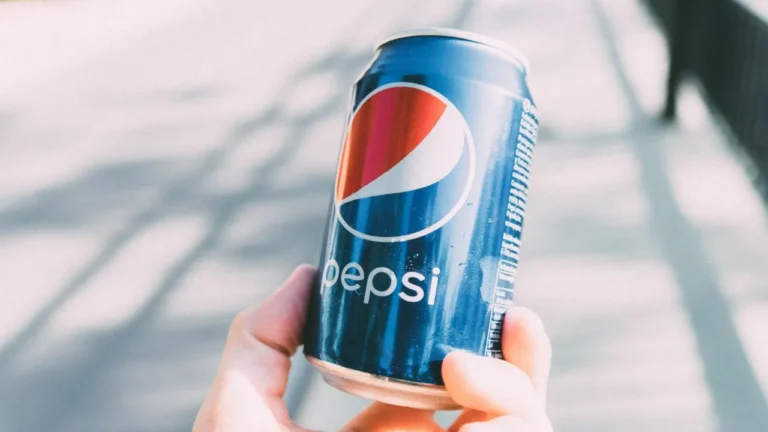Protein Shakes for Kids: Are They Good Or Not?

As protein shakes for kids gain popularity, it’s essential to examine their role in a child’s diet, especially considering the growing concerns around childhood obesity and the increasing interest in promoting healthy lifestyles for the entire family.
While adults have found protein shakes to be a convenient and effective means of supporting muscle growth, recovery, and overall health, how do these protein intake beverages impact children?
This article delves into the nutritional benefits and safety concerns associated with protein shakes for kids, providing parents with valuable insights into their use.
Risks of Protein Shakes for Kids
While protein shakes can offer benefits to children, it is crucial to consider the potential risks associated with their consumption. Parents should be aware of the following concerns before introducing protein shakes into their child’s diet:
Unnecessary Protein Supplementation
For most children, especially those consuming a balanced diet, extra protein supplementation is unnecessary.
The average American diet already provides sufficient protein, often two to three times the recommended daily amount. Even athletic children typically consume enough protein through their regular diet without the need for additional supplementation.
Limited Benefits for Strength Enhancement
Studies have shown that protein supplements do not significantly improve strength compared to strength training alone. Engaging in regular physical activity and muscle-building exercises is more effective at promoting strength and muscle growth than relying on protein supplements.
Potential Weight Gain
Excessive protein intake may lead to weight gain, as the body stores excess protein as fat instead of converting it to muscle mass. This can contribute to an imbalance in a child’s nutrient intake and, over time, result in unwanted weight gain.
Health Consequences of High Protein Intake
High protein consumption can cause health issues in some children, such as dehydration, kidney damage, and increased calcium excretion. The latter can increase the risk of developing kidney stones in susceptible individuals.
Encouraging Future Use of Sports Protein Supplements
Introducing protein supplements to school-aged children may encourage them to continue using sports supplements in the future.
A significant percentage of young athletes use various sports supplements, including protein supplements, creatine, amino acids, thermogenic/weight loss products, beta-hydroxy-beta-methyl butyrate, and chromium. The American Academy of Pediatrics (AAP) strongly discourages the use of performance-enhancing substances for athletic or other purposes.
While protein shakes can offer benefits to some children, parents should weigh the potential risks before incorporating them into their child’s diet. For most children, a balanced diet and regular physical activity are sufficient to meet their protein needs and promote healthy growth and development. Parents should consult with a healthcare professional or registered dietitian to determine the best course of action for their child’s unique nutritional needs.
Nutritional Benefits of Protein Shakes for Kids
Supporting Growth and Development
Children need adequate protein to support their rapid growth and development. Protein is essential for building and repairing muscles, bones, skin, and other tissues, as well as producing enzymes and hormones. Incorporating protein shakes into a child’s diet can help them meet their daily protein requirements and support their overall health.
Enhancing Athletic Performance
For kids participating in sports or other physical activities, a protein shake can be a convenient and efficient way to fuel their bodies before and after exercise. Protein can help reduce muscle breakdown, promote muscle growth and recovery, and enhance overall athletic performance.
Encouraging a Balanced Diet
Some kids can be picky eaters, making it difficult for them to consume a well-rounded diet. Protein shakes can serve as a nutrient-dense option for children who struggle to eat enough protein-rich foods like meat, poultry, fish, or dairy. Additionally, many protein shakes also contain essential vitamins and minerals, further contributing to a child’s overall nutrient intake.
Safety Considerations
Excessive Protein Intake
While protein is essential for kids, it is important not to overdo it. Consuming too much protein can put stress on a child’s kidneys and may lead to an imbalance in nutrient intake. Parents should consult a healthcare professional or registered dietitian to determine the appropriate amount of protein for their child based on age, weight, and activity level.
Allergies and Sensitivities
Some children may have allergies or sensitivities to certain protein sources, such as whey or soy. It is essential to select a protein shake that is safe for your child and to monitor them closely for any signs of an allergic reaction.
Quality of Ingredients
Not all protein shakes are created equal. Some products may contain artificial sweeteners, preservatives, or other additives that may not be suitable for children. Parents should read labels carefully and choose a high-quality protein shake with minimal added sugars and artificial ingredients.
Displacing Other Nutrient Sources
Protein shakes should not be used as a replacement for whole foods in a child’s diet. They should instead be considered a supplement to help children meet their protein needs, especially if they are struggling to consume enough through regular meals. A balanced diet that includes a variety of fruits, vegetables, whole grains, lean proteins, and healthy fats should remain the foundation of a child’s nutrition.

are protein shakes good for kids
The American Academy of Pediatrics (AAP) recommends that children engaged in physical activities maintain proper hydration by consuming plain water, flavored water, or suitable sports drinks. Nevertheless, when it comes to selecting sports drinks for children, it is crucial to make well-informed decisions. Consider the following guidelines to ensure the best choices are made for your child’s well-being:
Be Selective
Sports drinks, such as Gatorade, are primarily necessary for children who engage in intense exercise and experience significant sweating. In most cases, water is the best option for hydration. After intense exercise, active kids should consume carbohydrates within 30 minutes, followed by additional carbohydrates two hours later.
Be Mindful of Bedtime
If consuming a post-exercise meal or smoothies might result in extra calorie intake before bedtime, consider having your child eat an early dinner at least an hour before their workout, practice, or game. A small, healthy snack can be provided afterward.
Choose Healthy Carbohydrates
Encourage your child to consume high-fiber complex carbohydrates instead of simple sugars found in chips, candy, or other junk foods. Opt for whole-grain starches, such as whole-wheat bagels or crackers, and whole fruits instead of juice.
Opt for Lower-Calorie Protein Sources
Milk, ice cream, and protein powder may provide a high-fat, high-protein snack with excessive calories. Instead, consider offering your child a glass of low-fat milk or yogurt with fresh fruit or a fruit smoothie. Low-fat milk and yogurt are excellent protein-rich options as well.
Sports drinks can be beneficial for children engaging in intense physical activity, it is crucial to make informed choices and prioritize proper hydration and nutrition. Encourage your child to drink water, consume healthy carbohydrates, and choose lower-calorie protein sources to support their overall health and athletic performance.
Conclusion
Protein shakes can offer numerous benefits to kids, including supporting growth and development, enhancing athletic performance, and encouraging a balanced diet.
However, parents must be mindful of potential safety concerns, such as excessive protein intake, allergies, ingredient quality, and the potential for displacing other nutrient sources.
By considering these factors and consulting with a healthcare professional or registered dietitian, parents can make an informed decision about incorporating protein shakes into their child’s diet.






